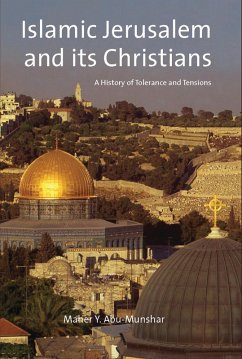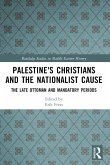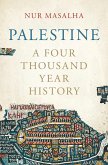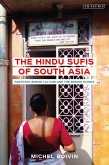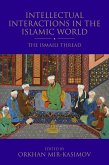Islamic Jerusalem has a special place in the hearts of the three monotheistic religions. Throughout its history it has been the site of tolerance and tensions. 'Islamic Jerusalem and its Christians' presents a critical look at historical events during the time of two key figures in the history of Islam: Caliph 'Umar Ibn Al-Khattab (d. 24 AH/ 644 CE), who played a critically important role in the birth and spread of Islam, and Sultan Salah al-Din (d. 589 AH/ 1193 CE) the legendary 'Saladdin' of Western Crusader lore, during and after the first and second Muslim conquests of Islamic Jerusalem.
This pioneering study uses extensive primary research to explore Muslim treatment of non-Muslims in the 7th Century and in the Middle Ages, while also looking in detail at the situation of Christians in Islamic Jerusalem and their reaction and attitude to conquest. He analyses accounts of the communication between Salah al-Din and the Crusaders and the peace negotiations between Salah al-Din and Richard the Lion-Heart, King of England. In doing so Abu Munshar counters many western and particularly orientalist writers who have portrayed Muslim treatment of Christians, after the first and second Islamic conquests, as similar to any occupation that Jerusalem has witnessed during its long history; that Islamic conquest in these two periods turned the life of non-Muslims into complete disarray.
A valuable source of reference for all interested in Islamic and Middle Eastern studies, religion, medieval history and international relations studies, 'Islamic Jerusalem and its Christians' provides a fascinating insight into how Muslim tolerance of Christians was achieved in Islamic Jerusalem.
This pioneering study uses extensive primary research to explore Muslim treatment of non-Muslims in the 7th Century and in the Middle Ages, while also looking in detail at the situation of Christians in Islamic Jerusalem and their reaction and attitude to conquest. He analyses accounts of the communication between Salah al-Din and the Crusaders and the peace negotiations between Salah al-Din and Richard the Lion-Heart, King of England. In doing so Abu Munshar counters many western and particularly orientalist writers who have portrayed Muslim treatment of Christians, after the first and second Islamic conquests, as similar to any occupation that Jerusalem has witnessed during its long history; that Islamic conquest in these two periods turned the life of non-Muslims into complete disarray.
A valuable source of reference for all interested in Islamic and Middle Eastern studies, religion, medieval history and international relations studies, 'Islamic Jerusalem and its Christians' provides a fascinating insight into how Muslim tolerance of Christians was achieved in Islamic Jerusalem.

